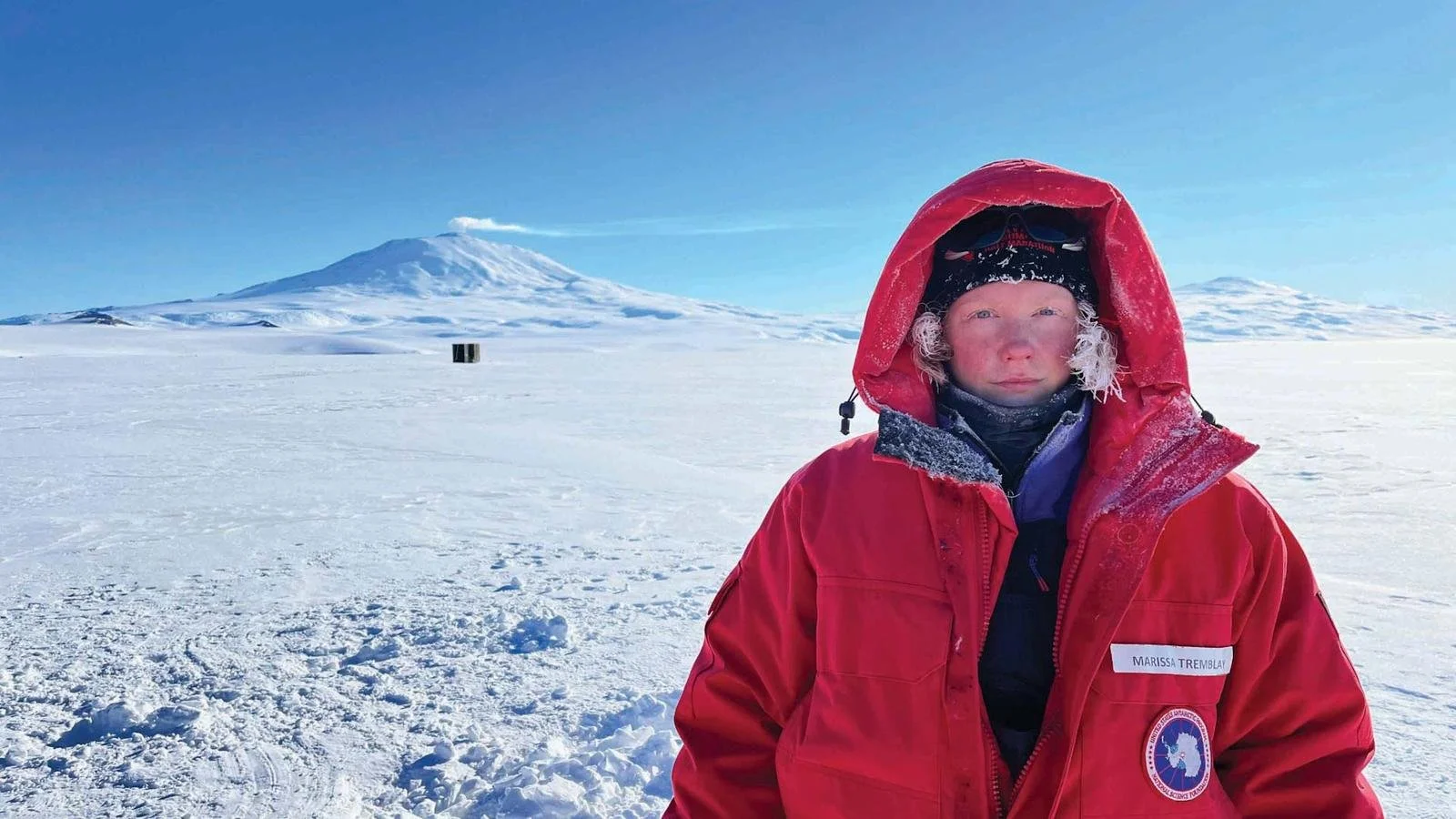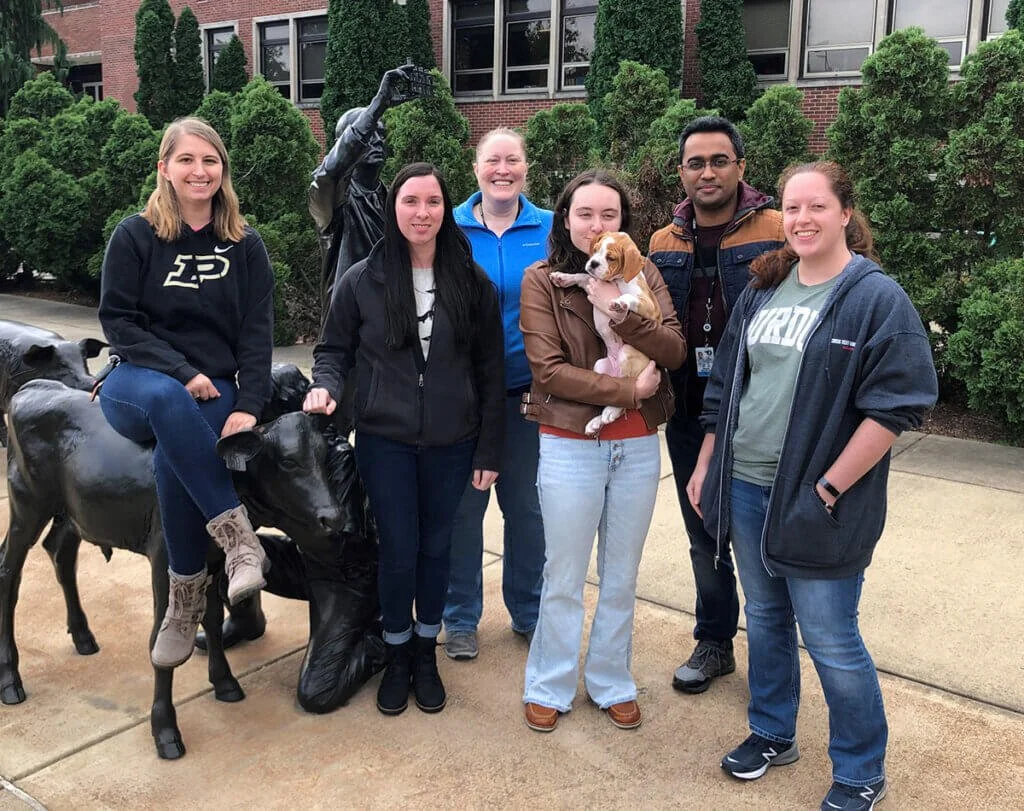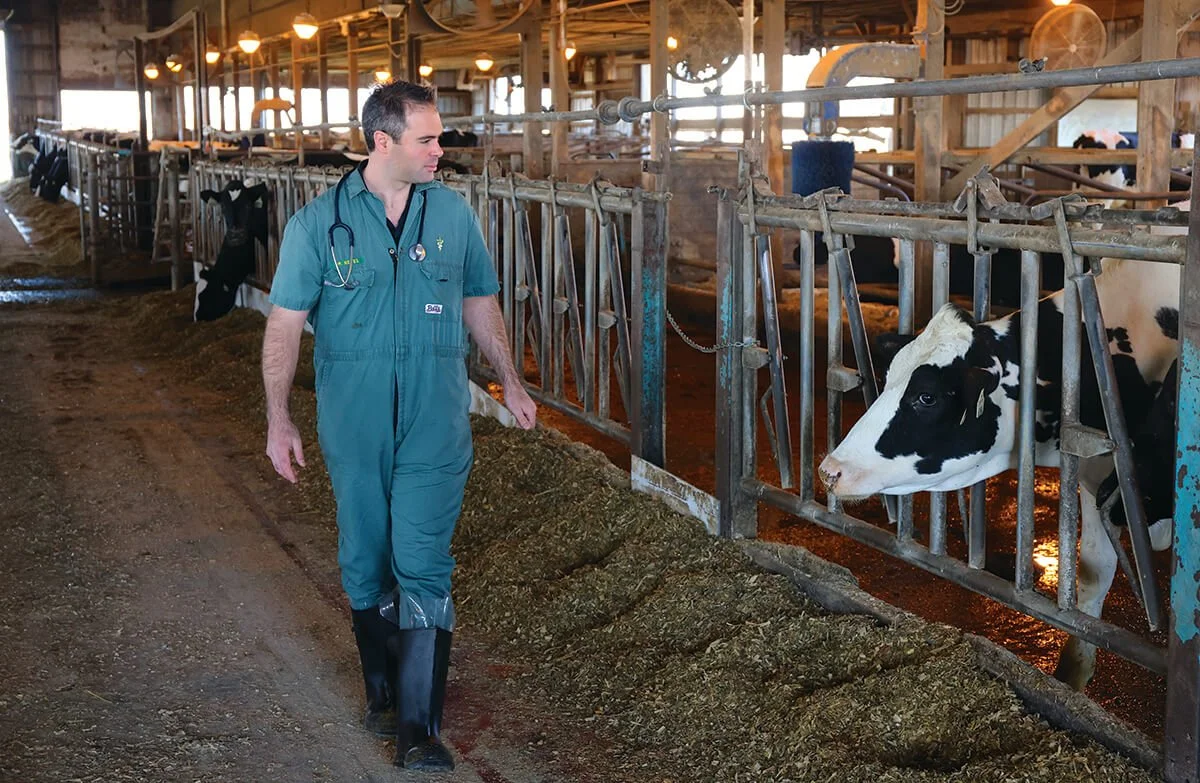Val Watts doggedly hunts an undruggable enzyme as target for chronic pain treatment
Val Watts enjoys a tricky puzzle. The associate dean for research and professor of medicinal chemistry and molecular pharmacology built his career attempting to find solutions to problems others have deemed unsolvable.
His latest white whale is a doozy. Watts wants to develop pain medications as strong and effective as opioids, without their addictive properties. To do so, he’s collaborating with other College of Pharmacy researchers to target the adenylyl cyclase enzyme, a signal pathway shared by opioid receptors and dopamine receptors.











